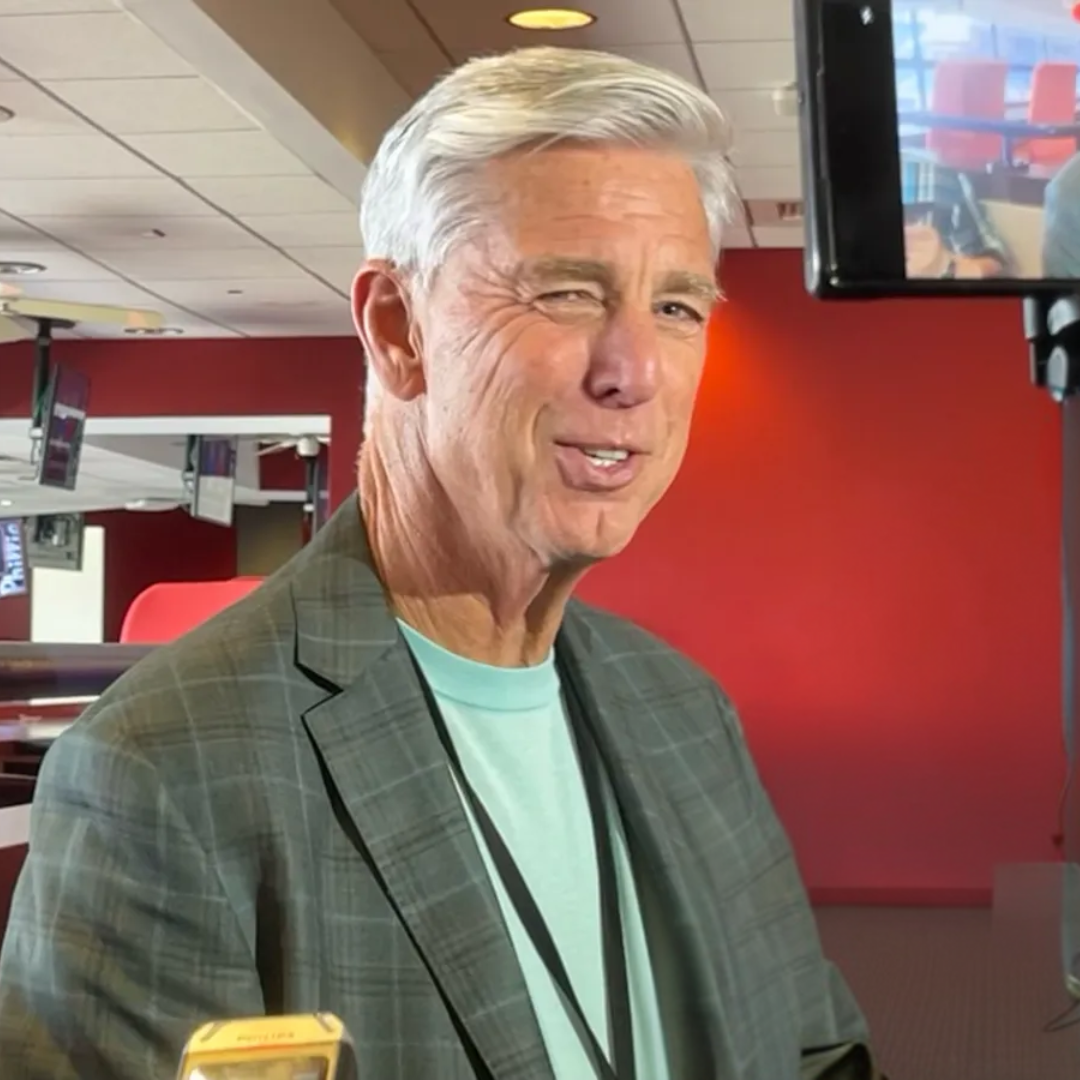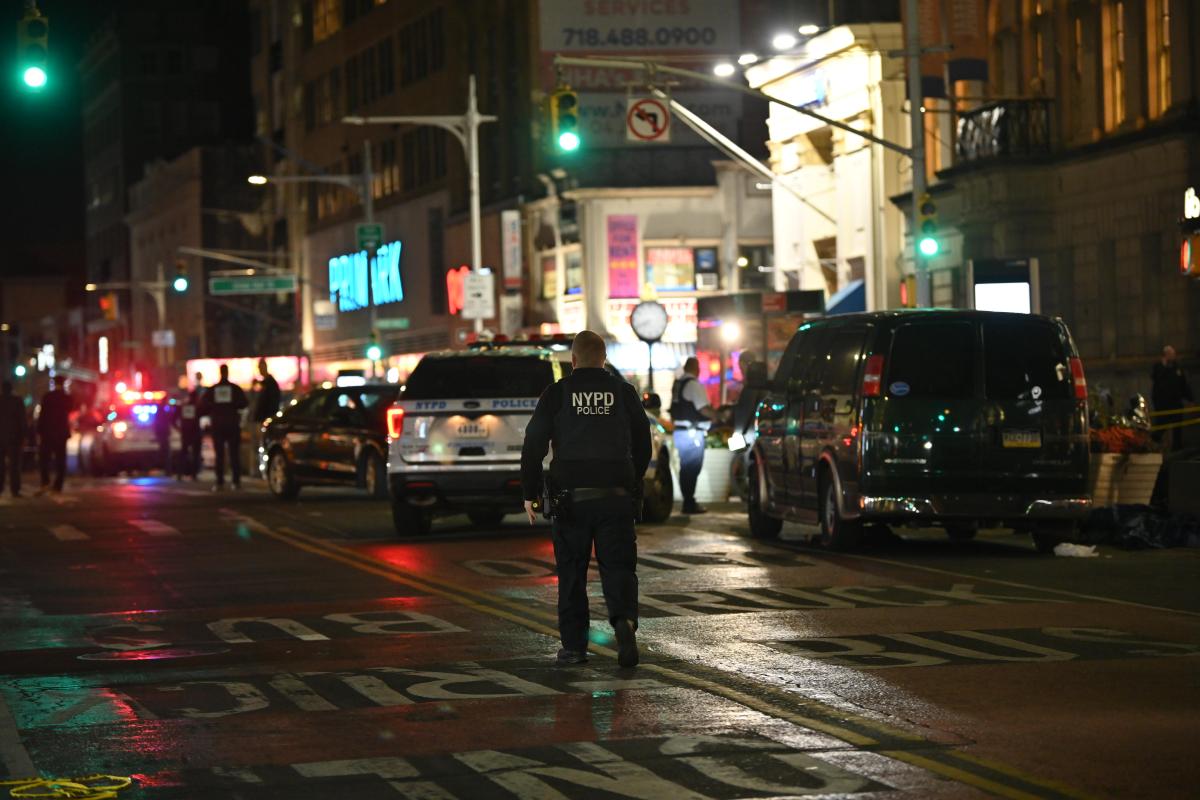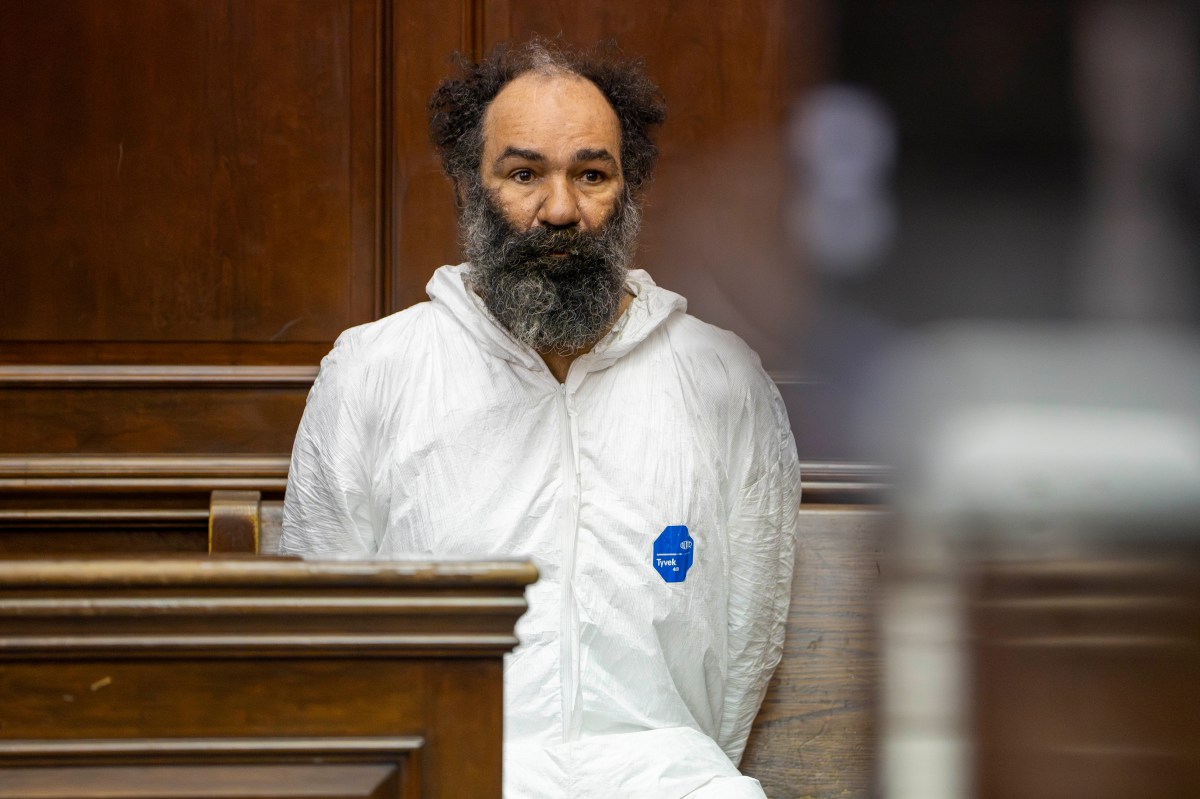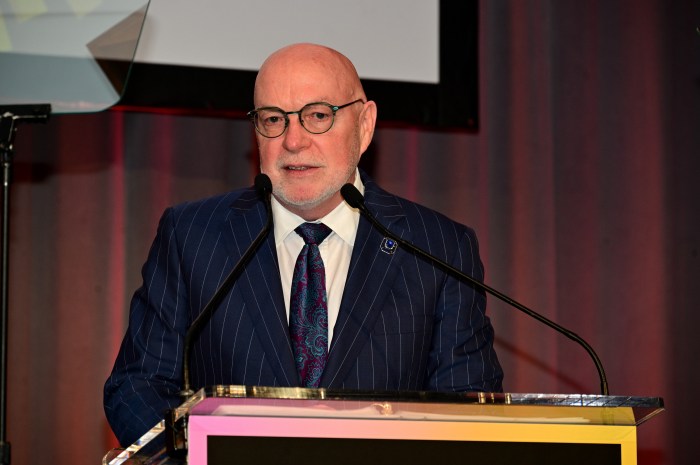‘The BFG’ See if this sounds familiar: In Steven Spielberg’s “The BFG,” a kid both curious and melancholic bonds with a creature both otherworldly and gentle. We live in a world of remakes and sequels and reboots, so it wouldn’t be off-side for the movies’ most famous populist to try for another “E.T.” But Spielberg hasn’t piggybacked on a past career peak. Broad setup aside, “The BFG” is a very different beast — an outlier amongst both modern blockbusters and Spielberg’s own career. It’s the strangest, most stripped-down film he’s ever made, even considering it’s a CGI-fest with cutting edge tech that turns one of the world’s finest thespians into a motion-capture behemoth. That person is Mark Rylance, the Oscar-winner of Spielberg’s “Bridge of Spies,” who plays a big, friendly giant who for brevity’s sake is only ever referred to as “BFG.” Based on a Road Dahl children’s classic that’s only semi-grim, it has him nick young Sophie (Ruby Barnhill) from a London orphanage, whisking her away to a far-off realm ruled by even-bigger colossuses, who like to feast upon tiny humans. But BFG doesn’t play like that, preferring a diet of oversized and disgusting vegetables and generally keeping to his ramshackle sty of a cave-home, away from his awful neighbors. He’s gruff with Sophie at first, but slowly he warms to her, and as in the book the majority of the film is devoted to their lengthy chats. In fact, it could have bore the same title as one of “Seinfeld”’s fake movies: “They Came to Talk.” Dahl’s book wouldn’t seem a fit for Spielberg, the king of whirligig thingamajigs that have long known how to aggressively target viewers’ pleasure centers. Perhaps it isn’t. And yet “The BFG” appeals to Spielberg’s major asset: his peerless capacity for deep feeling and unfailing empathy. Whatever happens (or doesn’t happen) in “The BFG,” it’s all of it anchored by two lonely people forging a profound connection. The script by the late Melissa Mathison — who, as it happens, also wrote “E.T.” — stays true to Dahl’s bare-bones tale. But it adds a little more action to the middle, including a bit about another kid the BFG once brought home, who didn’t meet a nice end. RELATED: Interview: Mark Rylance on “The BFG” and the pleasure of Road Dahl’s language Even if it didn’t have this gutting note of loss and despair, the film version would still hurt. Spielberg’s favorite shot isn’t of something exploding but a close-up of wide-eyed faces, the jaw slightly agape, the eyes lit up with wonder. Even digitized, the face of Mark Rylance is a marvel, as finely detailed as the real deal. His BFG is a thing set in his ways: He speaks in a patois that peppers Northern English working class with euphonious nonsense words and playful misnomers. It’s a pleasure listening to the peerless actor roll his vowels around Dahlisms like “rumple-dumpus,” “wonky-world” and “snozzcumber.” But when he stops speaking and just stares, his face is ashen, physically loaded down with remorse and years, decades, perhaps centuries spent in isolation, long resigned to his lonely fate. “The BFG” doesn’t have enough plot to really explore these emotions, to put them to the test a la “E.T.” But maybe it doesn’t need to. It’s a hangout movie that stews in characters as they interact or spend alone time, that allows moments of joy to segue into sudden realizations of lingering pain. It’s a movie in no rush to get anywhere, except when it does: The aimless vibe is abruptly and amusingly ruined by a surprising third act, straight from the book, that both delights with its weirdness (and its sight of actual farting corgis) and nearly sabotages the gentle, funny-sad groove. But that groove is singular and genuine and not to be undervalued. This is Spielberg’s second mostly animated movie, after “The Adventures of Tintin,” a slight but enjoyable romp that nevertheless felt like a technical exercise — a kid playing with his new toys. This also comes off like him mucking about: freed of a camera, his images caterwaul and dive about, and not only during the two or three “one-take” suspense sequences he’s tacked on. The difference is Spielberg feels it this time. Sophie aside, it’s all fake — a miracle of technology. And yet it feels powerfully and unmistakably human. Follow Matt Prigge on Twitter @mattprigge
Director: Steven Spielberg
Stars: Mark Rylance, Ruby Barnhill
Rating: PG
4 (out of 5) Globes
‘The BFG’ is one of Steven Spielberg’s strangest and loveliest films
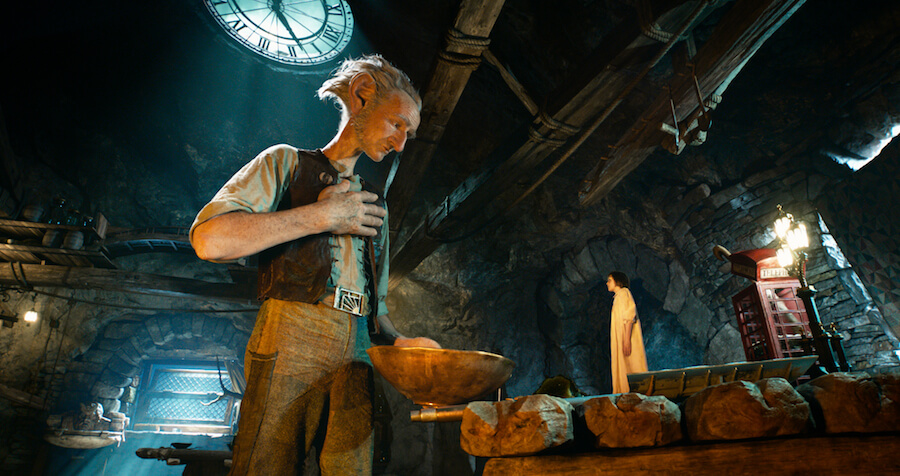
Storyteller Distributuion Co., LLC






